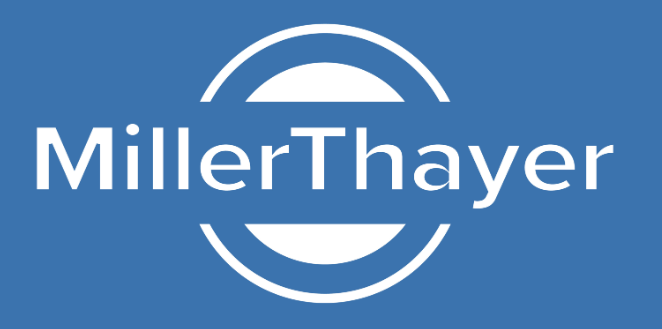To help struggling taxpayers affected by the COVID-19 pandemic, the Internal Revenue Service issued Notice 2022-36, which provides penalty relief to most people and businesses who file certain 2019 or 2020 returns late. Many of these payments will be completed by the end of September. Penalty relief is automatic. This means that eligible taxpayers need not apply for it. If already assessed, penalties will be abated. If already paid, the taxpayer will receive a credit or refund.
The relief applies to the failure to file penalty. The penalty is typically assessed at a rate of 5% per month, up to 25% of the unpaid tax when a federal income tax return is filed late. This relief applies to forms in both the Form 1040 and 1120 series, as well as others listed in Notice 2022-36.
To qualify for this relief, any eligible income tax return must be filed on or before September 30, 2022. In addition, the IRS is providing penalty relief to banks, employers and other businesses required to file various information returns, such as those in the 1099 series. To qualify for relief, the notice states that eligible 2019 returns must have been filed by August 1, 2020, and eligible 2020 returns must have been filed by August 1, 2021. Because both deadlines fell on a weekend, a 2019 return will still be considered timely for purposes of relief provided under the notice if it was filed by August 3, 2020, and a 2020 return will be considered timely for purposes of relief provided under the notice if it was filed by August 2, 2021. The notice provides details on the information returns that are eligible for relief.
Penalty relief is not available in some situations, such as where a fraudulent return was filed, where the penalties are part of an accepted offer in compromise or a closing agreement, or where the penalties were finally determined by a court.
This relief is limited to the penalties that the notice specifically states are eligible for relief. Other penalties, such as the failure to pay penalty, are not eligible. But for these ineligible penalties, taxpayers may use existing penalty relief procedures, such as applying for relief under the reasonable cause criteria or the First Time Abate program.
COVID tax relief: IRS provides broad-based penalty relief for certain 2019 and 2020 returns due to the pandemic; $1.2 billion in penalties being refunded to 1.6 million taxpayers | Internal Revenue Service
